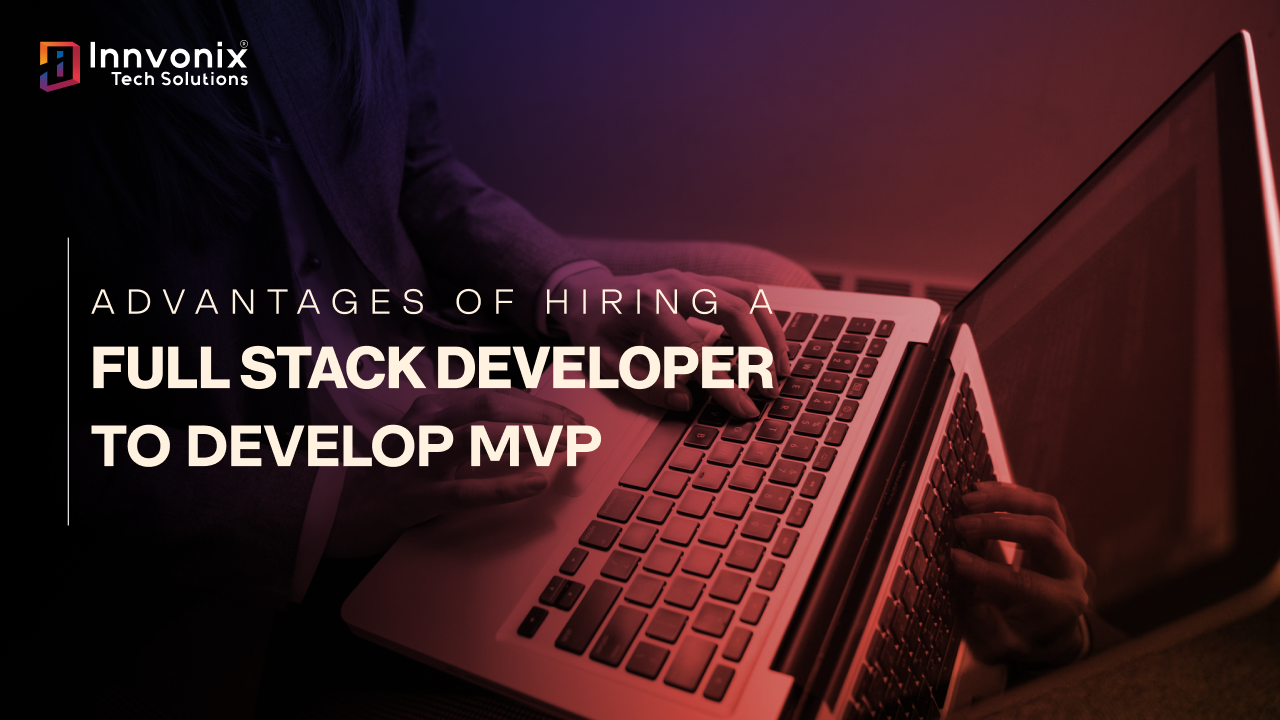As we navigate the intricacies of mobile app development, it becomes evident that the cost is not solely dependent on the coding and programming aspects. It encompasses a holistic approach, considering the pre-development planning, design, coding, testing, deployment, and ongoing maintenance. By understanding these influential factors, businesses and developers can make informed decisions, allocate resources efficiently, and embark on a successful journey in the competitive realm of Android app development.
Why businesses opt for Android app development
Here are several reasons businesses opt for android app development including:
- Fragmentation and Device Diversity: While fragmentation can pose challenges, the diversity of Android devices allows businesses to target a wide range of audiences. From low-cost smartphones to high-end tablets, the Android ecosystem accommodates various devices, catering to different user preferences and budgets.
- Customization Opportunities: Android offers extensive customization options for both app development and device manufacturers.
- Cost-Efficiency: Android’s open-source model reduces development costs significantly. With a freely available Software Development Kit (SDK) and support for multiple programming languages, businesses can develop cost-effective applications.
- Versatile Distribution Options: Android app distribution isn’t limited to Google Play alone. Businesses can choose from various channels, including alternative app stores and independent deployment, offering flexibility and control over the distribution process.
- Device Diversity and Fragmentation: While device fragmentation poses challenges, the diverse array of Android devices enables businesses to target a broad audience, accommodating different user preferences and budget ranges.
- Tailored Brand Experiences: The high level of customization available in Android development allows businesses to create unique and branded experiences, enhancing brand visibility and engagement with their target audience.
- Integration with Google Services: Seamless integration with popular Google services provides added functionality to Android apps. Leveraging services like Gmail, Google Maps, and Google Drive enhances user experiences and adds value to applications.
- Powerful Development Tools: Android developers benefit from a comprehensive set of development tools, including Android Studio, streamlining the app development process and increasing overall efficiency and productivity.
- Diverse Monetization Strategies: Android apps offer various monetization avenues, including in-app purchases, advertisements, and subscription models. This flexibility empowers businesses to choose revenue models that align with their objectives and target audience.
Want to Develop an App Within an Estimated Timeline?
Innvonix is a leading Android app development company that has worked with more than 1200 clients of different industries worldwide.

Factors affecting the Android app development cost
- App Complexity: The complexity of an app is a crucial factor that significantly influences the cost of Android app development. App complexity refers to the intricacy of its features, functionality, and overall design. Moreover, the complexity of an Android app directly influences development costs by impacting development time, requiring skilled resources, demanding extensive testing efforts, involving intricate UI/UX design, incorporating advanced features, necessitating customization, addressing scalability considerations, posing maintenance challenges, and affecting cross-platform compatibility. Understanding and properly estimating the complexity factor is crucial for businesses and developers to create realistic budgets and timelines for Android app development projects.
- Development Team: The composition and expertise of the development team significantly influence the cost of Android app development. The Development Team factor affects Android app development costs through factors such as skill levels, team size, expertise in Android development, project management efficiency, location, in-house vs. outsourcing decisions, collaboration tools, experience with third-party integrations, flexibility, adaptability, and the team’s previous project portfolio. Choosing a well-balanced and skilled development team is essential for achieving the desired balance between cost, quality, and project efficiency.
- Design and User Experience: Design and User Experience factor affects Android app development costs through aspects such as design complexity, UI/UX design, customization requirements, responsive design, prototyping and iterations, graphic assets, accessibility considerations, brand consistency, usability testing, and internationalization/localization efforts. While investing in a well-crafted design enhances user satisfaction and the success of the app, it’s important for businesses to balance design goals with budget considerations during the development process.
- Third-Party Integrations: Third-Party Integrations factor affects Android app development costs through considerations such as the number and complexity of integrations, customization requirements, compatibility and versioning, security considerations, API documentation and support, testing and quality assurance, licensing fees, scalability requirements, ongoing maintenance, and data synchronization challenges. Proper planning, thorough documentation review, and proactive management of third-party integrations are essential to control costs and ensure the smooth functioning of the integrated components within the app.
- Maintenance and Upgrades: Maintenance and upgrade factors affects Android app development costs through bug fixes, compatibility updates, addressing device fragmentation, implementing security updates, introducing new features, adapting to changing technologies, optimizing performance, managing data, incorporating user feedback, ensuring legal compliance, addressing API dependencies, and testing for updates. Properly managing and budgeting for ongoing maintenance is crucial for the long-term success and sustainability of an Android app.
- Deployment Platforms: Deployment Platforms factor affects Android app development costs through considerations such as the choice of app stores, cross-platform deployment, independent deployment, enterprise deployment, geographic-specific deployment, in-app purchase platforms, subscription platforms, advertising platforms, offline deployment considerations, and compliance with store guidelines. Each deployment platform introduces its own set of requirements and considerations, influencing the overall development effort and associated costs.
Related Post:
https://innvonix.com/blogs/top-android-app-development-sdks-libraries-and-frameworks-to-use-in-2023
https://www.innvonix.com/blogs/why-use-top-android-libraries-and-frameworks-for-app-development


